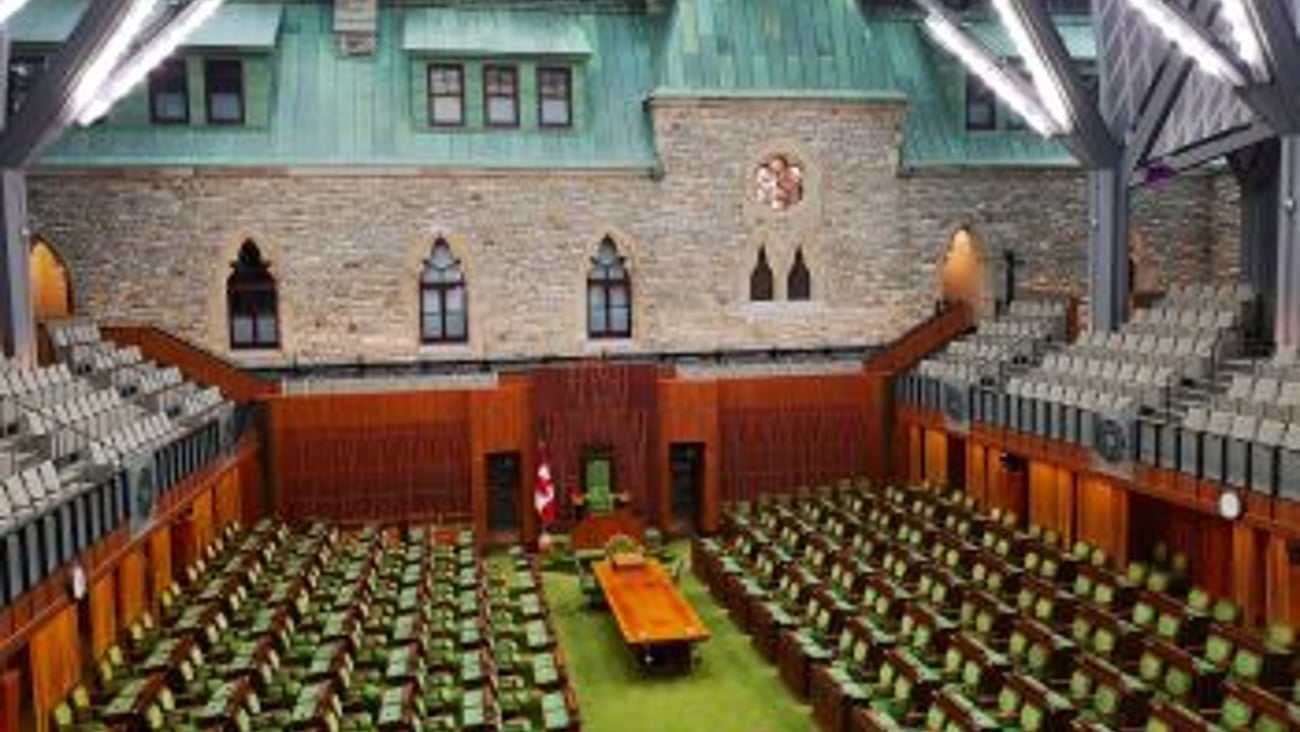Running on empty
Over the Canada Day weekend there was a common theme discussed around many patios and docks: the impact of inflation. Many of our customers feel like they are Running on Empty. What many of them don’t realize is that this phrase also depicts the operations of many convenience retailers – the primary sellers of motor fuels – from coast to coast.
It’s a common misconception that retailers’ profits increase as the price of fuel goes up. That’s not the case and is most apparent in Atlantic Canada where the price of fuel as well as margins are regulated.
In New Brunswick, for example, with the volatile price of regular gas hovering above $2 per litre, many retailers are selling gas at a loss because their margins remain fixed, at just 7.3 cents per litre. Undoubtedly, overall profitability hinges on volumes, but the pandemic has taken a huge bite out of that as well. COVID-19 has created a perfect storm for the retail fuel industry as expenses skyrocketed while fewer Canadians were commuting, causing a decrease in both traffic and overall sales as a result.
Exacerbating this problem is the increase of “touchless” payments and the growing hidden cost for retailers in processing credit cards. After real estate and payroll, credit card fees are the next highest cost of conducting business.
Today, credit card and tap payments are the norm, accounting for approximately 75% of fuel purchases. In an effort to remain competitive and keep prices lower for consumers, these fees are usually absorbed by the retailers rather than passed onto customers.
CICC advocating for action by governments
As inflation continues to push up gas prices and lower profits, CICC has been advocating for governments to take action.
And we have been gaining traction.
Premier Ford makes announcement at 7-Eleven
With Alberta taking the lead in announcing a fuel tax holiday, CICC co-signed a letter with the Canadian Energy Marketers Association (CEMA) asking Premier Doug Ford to pause the provincial fuel tax to help ease burden on both consumers and retailers.
The government answered our call and announced a 5.7-cent-per-litre reduction in the gas tax as well as 5.3-cent-per-litre cut to the fuel tax for a six-month period beginning July 1.
Premier Ford’s office reached out to CICC for our help in identifying a member site. The Premier was joined by Finance Minister Peter Bethlenfalvy, Treasury Board President Prabmeet Sarkaria and Transport Minister Caroline Mulroney, along with CICC, at a 7-Eleven store in Brampton on June 30th to officially announce the tax holiday.
Keeping up the pressure in Atlantic Canada
CICC also requested the same action by all Premiers in Atlantic Canada with Newfoundland and Labrador announcing a tax decrease in May.
While the other Maritime provinces have not yet taken action, we are keeping the pressure on elected officials to address this critical issue and launched social media campaign, including a web portal – www.runningonempty.info – to educate consumers on the realities of fuel pricing.
Asking the federal government to take immediate action
In an effort to address the exorbitant credit card fees that retailers are paying, CICC penned a letter to Finance Minister Chrystia Freeland and Innovation, Science and Industry Minister Francois Phillippe Champagne requesting a lower and immediate cap on credit card fees for fuel purchases. Letter can be found here.
We are working with political staff in Minister Freeland’s office to further discuss and address this issue.
CICC is working on your behalf to ensure that as we navigate these tumultuous times, your economic fuel tank is not running on empty.








